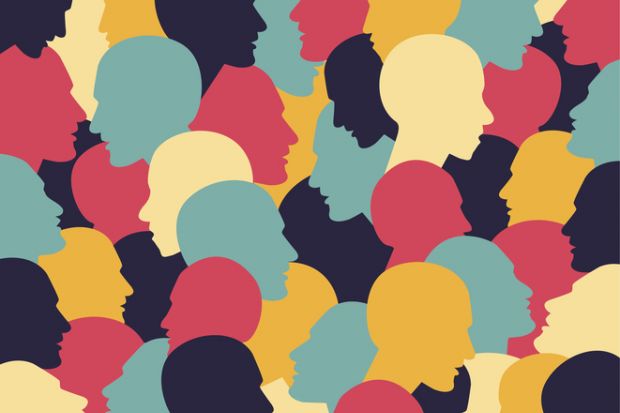I recently touched on this in another post about diversity in education, but this topic is so important to me and many others my age that I think it deserves its own post. Mental health is one of the biggest threats to young people today. According to the WHO, 1 in 7 people aged 15-29 have some kind of mental illness, and suicide is the fourth leading cause of death for this age group.
There are several reason why people our age are struggling: the use of social media has been linked to a decrease in mental health with people making comparisons to one another, we live in a high stress time with a lot of political tension and global disasters happening everyday, there was a significant increase in mental health issues over the COVID 19 Pandemic, and many more reasons. Why millions of Americans are feeling this way is not important to the topic of education, rather, what schools can do about it is. 
According to the American Psychological Association, mental health education is not sufficient in the United States; they cite a study from the Journal of Mental Health that demonstrated that Americans are not adequately informed on mental health issues. This finding is definitely true for my experience. In my 3/4 years of high school, I was required to take health and gym class. We covered every topic from nutrition, to building a workout plan, to sexual health, and even conflict resolution, but we never learned about mental health. Everything I knew about mental health came from the news, or movies, or the very rare discussions I might have had with family or friends. It is no secret that mental health is a taboo topic despite the overwhelming number of people who suffer from these issues. My public education failed me in this sense. 
In an article published by the National Association of Education, in 2022 15% of teens had a severe depressive episode in the last year, and 60% of teens suffering from depression did not get any treatment. Schools are meant to be places preparing students for life and helping them grow. If you are sick you can go to the nurse, if you are struggling in a subject you can go to your teacher, if you are suffering from mental health, you should be able to go to your school counselor, or learn skills to improve your mental wellbeing in health class. I mean, I can’t believe I learned about conflict resolution but didn’t learn a lick of information on what I can do if I can’t get out of bed in the morning. Our government needs to seriously invest in training and resources for our schools to address the Mental Health Epidemic. I know that there are a lot of people who complain that schools do not teach the most basic life skills to prepare students for the real world like how to file your taxes or take out a mortgage, sure I agree with that, but if we’re going to start teaching students basic skills let’s teach them the most basic and essential skills of all: how to recognize and handle difficult thoughts and emotions.
I completely agree with your argument in this post. There is far too little support for those struggling with mental illness in our school system. During my senior year of high school, one of my close friends almost had a nervous breakdown one day, and while I was texting her trying to talk through things, I couldn’t think of a single adult we could go to or a single room we could hang out in until she was able to calm down. Every student should know that there is somewhere or someone they can go to if they are struggling with mental illness, because most of us will at some point. Great post!